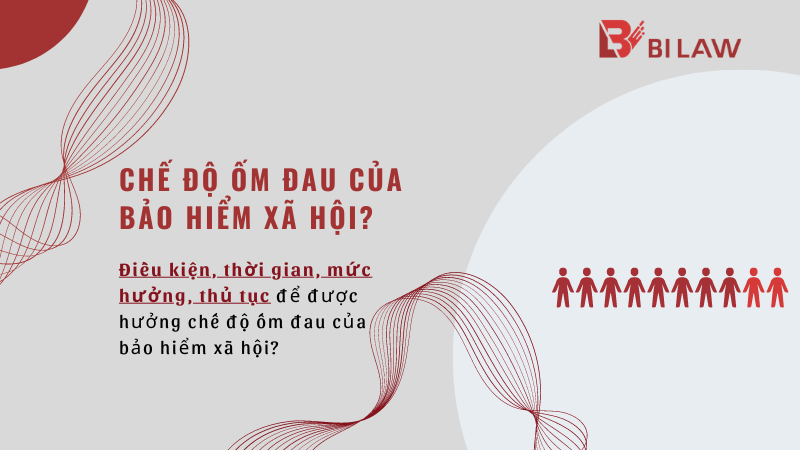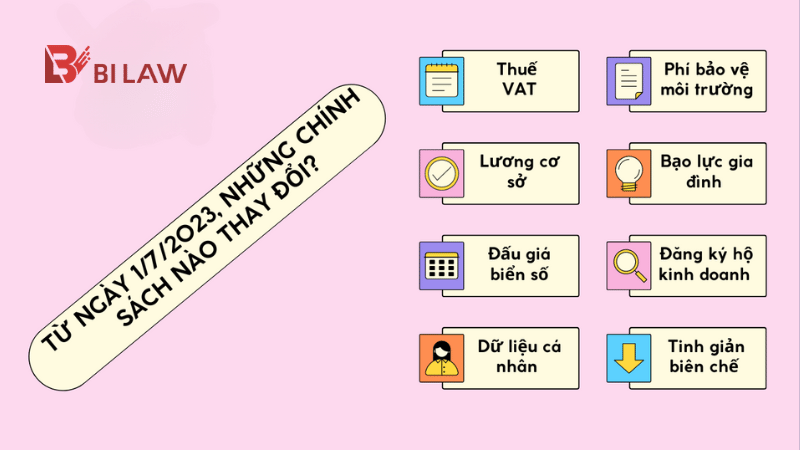Commercial agency activities play an important role in the marketing and sales process of businesses. Trade agents help businesses reach customers and markets more effectively, and at the same time help businesses save costs, optimize production and distribution processes. Commercial agency activities are recognized by the Commercial Law 2005 with specific articles and clauses.
1. Legal basis for commercial agency activities
1.1 Concepts
According to the provisions of Article 166 of the Commercial Law 2005 stipulates: Commercial agency is a commercial activity whereby the principal and the agent agree that the agent will buy and sell goods on its own behalf to the other party. assign agents or provide services of the principal to customers for remuneration.
1.2. Features of commercial agency activities
Commercial agency activities have some of the following characteristics:
Firstly, it is commercial intermediary activities. In a normal commercial agency relationship, there will be three parties, including: the agent, the principal and the customer. In this case, the agent acts as an intermediary, buying and selling goods of the principal to customers. The agent will be entitled to remuneration based on the agency contract signed with the principal.
Secondly, the agent and the principal must be traders. Traders include individuals who operate independently, regularly and have business registration or legally established economic organizations. If the agent or principal or both are not traders, this is not a commercial agency activity.
Thirdly, the object of agency activities is goods and services. The agent can be the buyer/seller of the goods or the service provider authorized by the principal. This is different from entrustment to buy and sell goods.
2. Some forms of commercial agents
According to the provisions of Article 169 of the Commercial Law 2005, some types of agents are prescribed as follows:
- Off-take agency: This is a form of agency where the agent buys and sells a whole volume of goods or provides a full service to the principal.
- Exclusive agency: This is a form of agency in which, in a certain geographical area, the principal only assigns an agent to buy and sell one or several items or provide one or several types of services determined.
- General agent buying and selling goods and providing services: This is a form of agency where the agent organizes a system of affiliated agents to carry out the purchase and sale of goods and provide services to the principal. General agent represents the affiliated agent system. Affiliated agents operate under the management of the general agent and in the name of the general agent.
3. Some other legal provisions in commercial agency activities
- Ownership in commercial agency activities belongs to the principal.
- An agency contract must be made in writing or in another form of equivalent legal validity.
- In case the parties do not agree on agency remuneration, the law has provisions on determining remuneration.
- If the parties do not agree, the agency term shall terminate only after a reasonable time but not earlier than sixty days from the date on which either party gives written notice to the other party of the termination of the contract. agency.
- If the principal gives notice of termination of the agency contract, the agent has the right to demand compensation from the principal. The parties are allowed to freely agree on the terms of the agency contract but this must not be contrary to the provisions of the Commercial Law 2005, the Civil Code 2015 and other legal documents.
The above is a general overview of commercial agency activities. Contact Bi Law Firm to discuss more details.


 Tiếng Việt
Tiếng Việt 中文 (中国)
中文 (中国) 日本語
日本語 한국어
한국어









